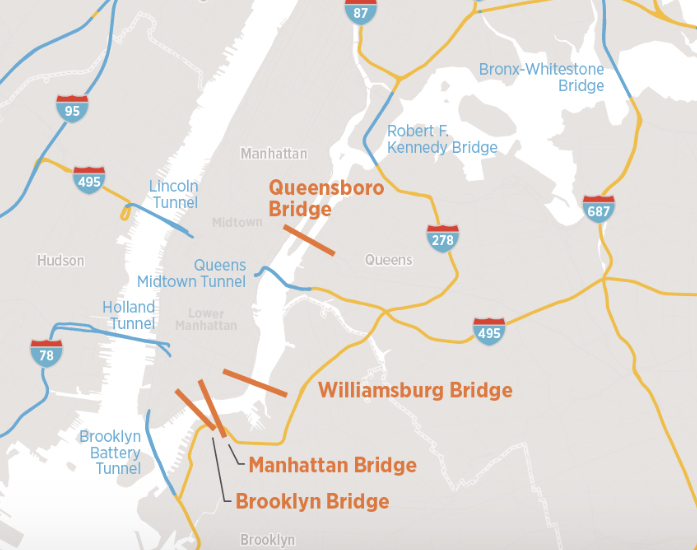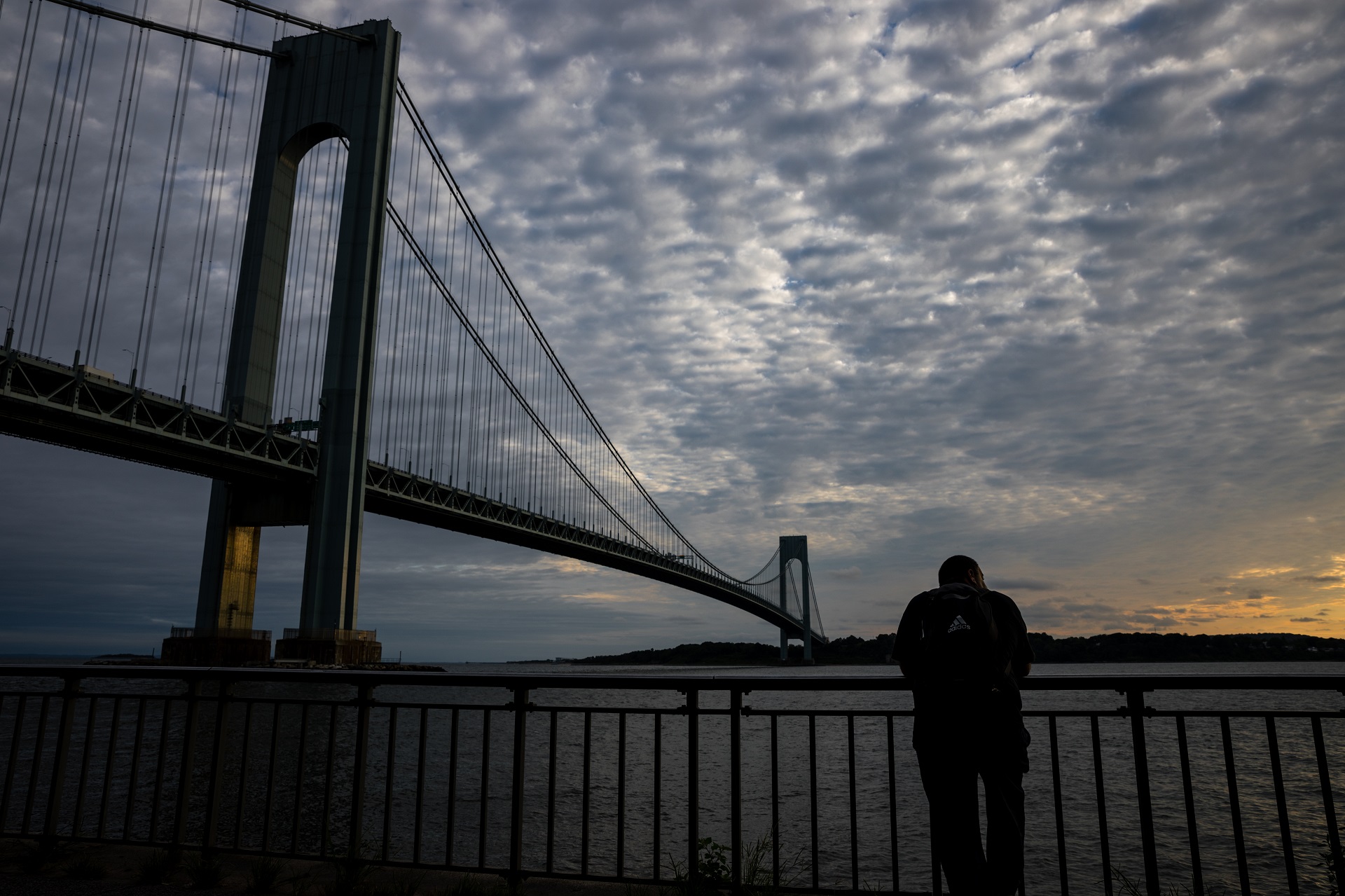Riders Alliance pushes for support of congestion pricing

Tara Strome, a member of the Riders Alliance transit advocacy group, said she is tired of being late for work because of slow subway service.
“I commute every day to Manhattan and rely on the train to get to medical appointments,” Strome, who lives in Bay Ridge, said in a statement released by the Riders Alliance. “The subways are a disaster and it often makes me late to work, which means I have to stay late. We need funding to fix this transit crisis immediately and I hope our elected officials are part of the solution.”
Strome was one of several Riders Alliance members who spoke out after the group crashed a press conference held by Assemblymember David Weprin (D-Queens) on Sunday and criticized Weprin’s opposition to Gov. Andrew Cuomo’s congestion pricing plan to raise money for the city’s transit system.
